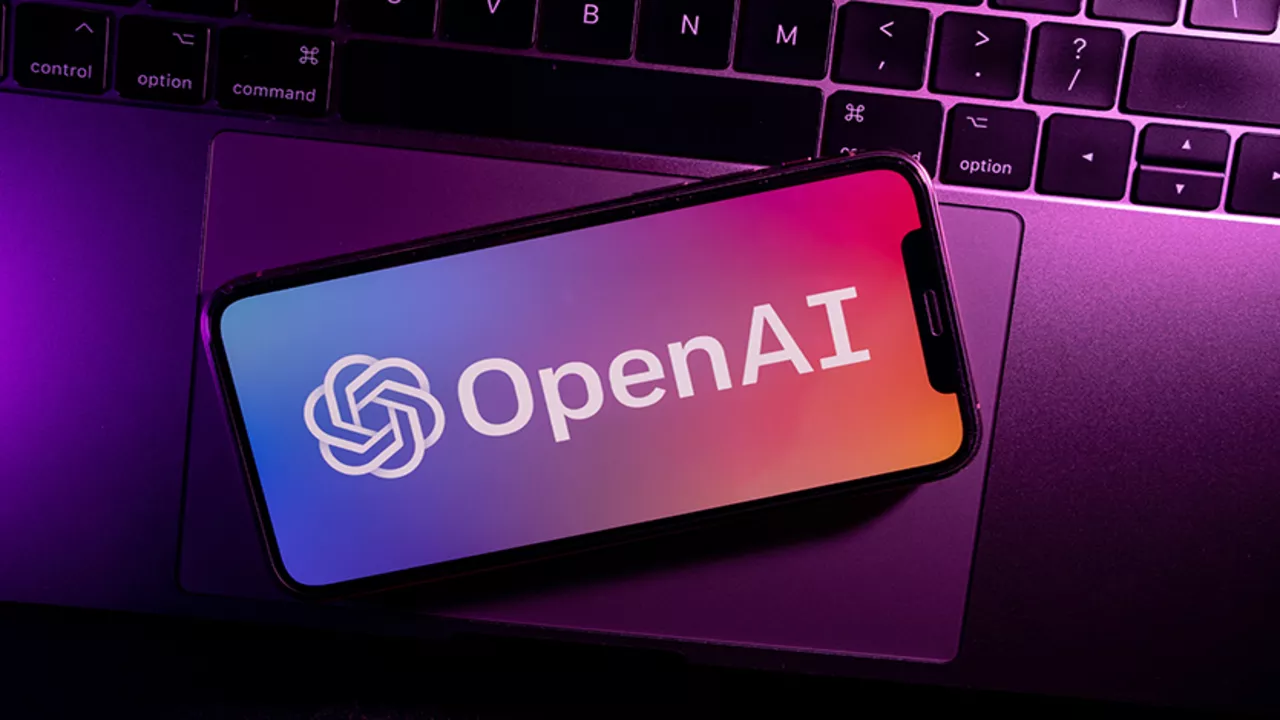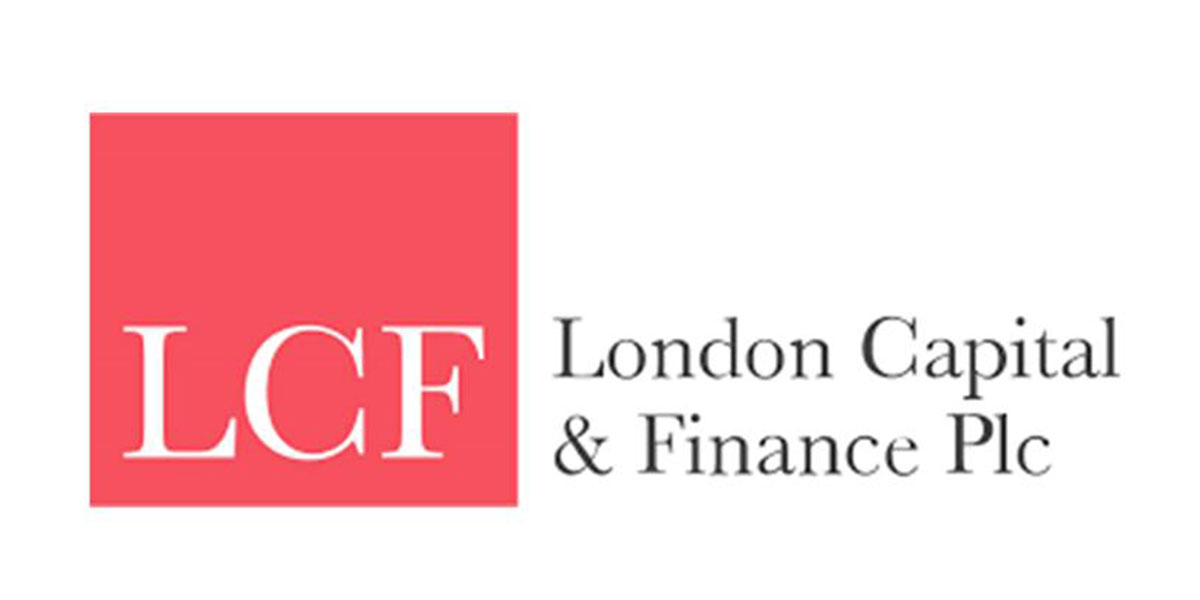OpenAI is in discussions to secure approximately $6.5 billion in new funding, which would value the company at around $150 billion, marking a nearly $70 billion increase from its valuation nine months ago, according to five sources familiar with the matter.
If the deal goes through, OpenAI would surpass the valuation of all other private companies except for ByteDance, the maker of the popular video-sharing app TikTok.
Just last week, OpenAI was reportedly aiming to raise about $1 billion at a $100 billion valuation. However, in the past few days, the company has moved well beyond that target, driven by the high costs associated with building large-scale A.I. systems that require immense computing power.
The funding round is expected to be led by Thrive Capital, a previous investor in OpenAI. Tech giants like Apple, Nvidia, and Microsoft have also been involved in discussions, according to sources who spoke under the condition of anonymity due to the sensitive nature of the talks.
In late 2022, OpenAI ignited a surge in artificial intelligence interest with the release of its online chatbot, ChatGPT, which spurred a wave of funding for similar start-ups.
However, as interest waned this past summer, many of these start-ups were absorbed by larger A.I. players like Google, Microsoft, and Amazon.
Despite this, OpenAI, backed by $13 billion from Microsoft and recognized globally, has continued to build on the excitement generated by ChatGPT. The ongoing investment round reflects the tech industry’s continued focus on artificial intelligence.
Should this new deal be finalized, OpenAI would be valued higher than SpaceX, Elon Musk’s private rocket company (Musk was also a co-founder of OpenAI), and almost double the value of Intel, the legacy chip manufacturer, which is currently valued at about $83 billion as it struggles to keep pace with the A.I. boom.
Over the past nine months, OpenAI has expanded its workforce to over 1,700 employees, adding more than 1,000 new workers.
The company has also rolled out more advanced versions of ChatGPT and related technologies, including those capable of generating images and videos.
However, OpenAI has experienced its share of challenges. The company is still working to recover from the fallout of a leadership crisis in late 2023, when its board unexpectedly fired CEO Sam Altman.

Although Altman was reinstated just five days later, the incident resulted in the departure of several high-profile employees, including Ilya Sutskever, OpenAI’s chief scientist and co-founder.
Sutskever, along with other experts, both inside and outside OpenAI, has expressed growing concerns about the potential dangers of the company’s technologies, which could be used to spread disinformation, facilitate cyberattacks, or even pose risks to humanity. OpenAI has acknowledged these concerns and has increased efforts to ensure the safety of its systems.
Additionally, OpenAI faces a lawsuit, which sued both OpenAI and Microsoft in December, alleging copyright infringement related to the use of news content by A.I. systems.
The company is also under pressure to turn its cutting-edge A.I. technologies into revenue-generating products. Developing these technologies requires massive investments, with estimates suggesting OpenAI is burning through $7 billion annually.
Tech analysts now say OpenAI must demonstrate that it can operate more like a traditional tech company and not simply be a money drain for investors.
OpenAI currently generates over $2 billion annually through subscriptions to ChatGPT and other technologies, according to a source familiar with its financials.
To aid in its transformation into a profitable business, OpenAI has brought in experienced Silicon Valley executives, such as Sarah Friar, former CFO of Square, and Kevin Weil, former chief product officer of Twitter.
Sam Altman, OpenAI’s CEO, is widely respected in Silicon Valley for his ability to attract funding. He has strategically built excitement among investors by offering opportunities to purchase stakes in OpenAI.
His approach involves selling existing shares in a yearly tender offer, benefiting employees, followed by a traditional funding round to support the company’s business needs, according to a source familiar with Altman’s strategy.
As early as last year, while concluding a tender offer that valued OpenAI at over $80 billion, Altman was already signaling to investors his plans to raise funds at a $100 billion valuation. That round of fundraising has since expanded further.







Leave a Reply